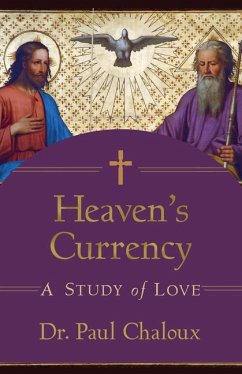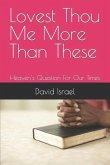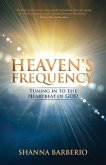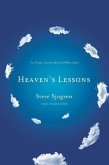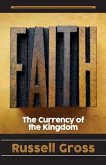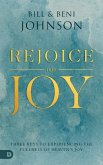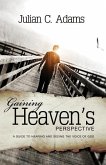"Dr. Chaloux shows us that the Church's teachings on the Four Last Things (death, judgment, Heaven, and Hell) and the last day gives us hope and the perspective that God has our best interests at heart and will extend His love and mercy to all those who seek to follow Him in good faith. With suffering as his principal focus, Dr. Chaloux dives deeply into the underlying reasons for painful times and debunks common misconceptions that often result in applying false attributes to God. Moreover, he presents the various ways people experience love in their lives, oftentimes in unexpected ways, and shows how they ultimately lead to salvation. He recounts real-life stories of those who experienced brokenness and found healing and joy through God's love, even in moments of great distress. This study of the mystery of divine love explains the nature of love and how it is manifested in seven relationships known to us since antiquity. It shows how all these ways that we love have their foundation in charity, divine love, and depend on God for the spark that we all see when a friendship turns to love. Heaven's Currency explains that love is a capability to be grown, not a commodity to be accumulated -- and, hence, it increases rather than diminishes with use, and it can be lost forever if we choose not to share it. Jesus used parables, the Beatitudes, and the Commandments, as well as His life, Passion, death, and Resurrection, to teach us how to love divinely with sufficient intensity to share in His eternal life. Through the teachings of St. Paul, St. Thomas Aquinas, St. Thérèse of Lisieux, and other saints, you will discover how divine love (or charity) is the true currency of Heaven. It emanates from God and is indeed the only thing that can be shared by both the living and the dead and that endures even beyond death. In Heaven's Currency, you will discover: How all love in infused into us by God, to be shared as widely as possible; How to recognize God's love in our lives, even in times of distress; How sharing God's love with others is part of God's plan for us and is the source of our happiness; How St. Thomas describes the order of love, what makes us more or less lovable in the eyes of God and of those around us; How following the Ten Commandments, the Beatitudes and the Works of Mercy teach us to love and become the best versions of ourselves. By following the true way of all your loves on earth and by being who God created you to be, you will also experience a taste of peace and happiness now and lasting joy in Heaven."--

